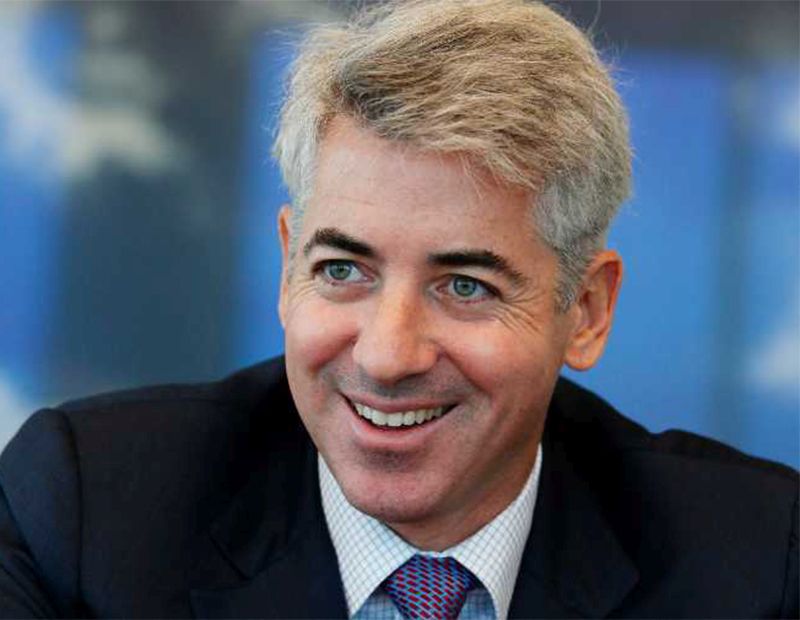DLA Special Report: Real Estate Investment Remains Attractive
In an interview with Eastdil Secured CEO Roy March, keynote speaker William Ackman, CEO of Pershing Square Capital Management, offered attendees a glimpse into the thinking of a hedge fund manager.
By Jeffrey Steele
William Ackman sees plenty of opportunity for returns in real estate today. That was his observation during the kickoff to the annual DLA Piper Global Real Estate Summit, which took place yesterday in Chicago.
The CEO of Pershing Square Capital Management was interviewed by Eastdil Secured CEO Roy March, who said he savored the chance to learn the thinking of a hedge fund manager. Asked whether today is a better time or worse time for hedge funds, Ackman seemed to favor the former. “This is a very benign economic environment, with low interest rates, low unemployment, low inflation,” he said. “And opportunities for returns in real estate make it one of the very best places to invest.”
Ackman said his company seeks very high-quality businesses, including real estate portfolios that are stable and whose futures can be predicted. “And we look for companies that have underperformed their potential, and where there are hidden assets,” he said.
Asked by March about the likelihood of Trump’s programs moving forward, Ackman responded with a question. “Why does every president as his first order of business try to redo health care, then watch it blow up in their faces?” he asked to laughter. “What Trump should have done is tackle infrastructure improvement, where he had a chance to make some progress. The corporate tax rate changes are very do-able . . . That’s the most important thing the new administration could take on. Corporate tax reform, housing finance reform and infrastructure, those three things are very achievable in the next 12 months.”
Inured to dysfunction
Queried by March whether he was surprised by the continued strength of the U.S. stock market, Ackman answered in the negative. Investors, he noted, are used to investing under dysfunctional governments. “People have seen over the last 10 years that there are a lot more chances to wring added profits from corporate America,” he noted. “The opportunities companies have to become more efficient makes it obvious stocks are not overvalued.”
That answer led naturally to the next question—what Ackman felt about real estate as an investment. He responded it’s a much better place to invest money than fixed-income instruments, but added a caveat. “Much depends of course on whether you’re in Mississippi or Arkansas, or whether you’re in Austin or Nashville.”
Ackman noted the retail landscape isn’t as desolate as some would have us believe. But that landscape changed faster than the terms of the leases at malls.
The malls, he added, “just became not very interesting places,” and mall owners were stuck with the retailers with whom they’d contracted.
Pleasant surprises
“But there are current retailers out there who will do very well in the years ahead, and retailers we have not met yet who will also do very well,” he predicted.
March concluded the interview by asking what Ackman would like to be surprised by 12 months from now. “If Trump gets these things done, we’d like that,” he said.
Image via Wikimedia Commons
Keep up with our 2017 DLA Piper Conference coverage.








You must be logged in to post a comment.